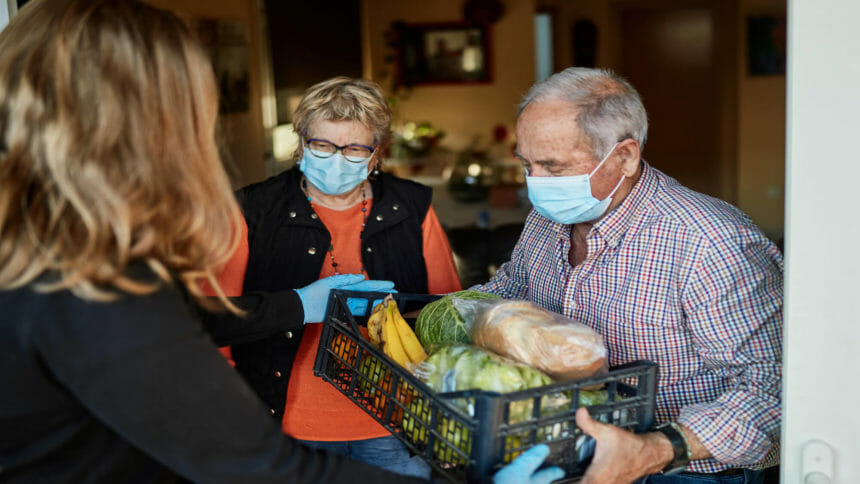
While adult day centers play an important role in maintaining the health and well-being of seniors, historically, they haven’t gained the respect of payers and policymakers.
The National Adult Day Services Association (NASDA) expects that to change as it begins a push for greater data collection by adult day centers (ADCs) and strategies for aggregating data. The purpose is to demonstrate to payers and policymakers the important role that adult day centers play in achieving and maintaining cost-effective, positive outcomes among seniors.
“With adult day centers being regulated at the state level, there are no standardized guidelines for data collection, which makes it difficult to document value, effectiveness and outcomes,” noted Tina Sadarangani, an assistant professor at New York University’s College of Nursing, and one of three speakers during a big data session held during NASDA’s Virtual Research Summit, which began on Wednesday.
NASDA’s research committee is addressing these challenges, said William Sagorski, NASDA board chair and CEO of American Senior Care Centers in Nashville. “When it comes to data collection, we need to provide education and training, disseminate tools and reduce variability, and move toward longitudinal aggregate data,” he said.
Lydia Missaelides, executive director of the Alliance for Leadership and Education, suggested a focused approach for data collection in order to achieve some “forward movement with pilot research projects.”
“It’s important to select two or three measures that really make a difference and focus on them over a period of time, perhaps 18 to 24 months,” she said. “For example, two risk factors that lead to emergencies and hospitalizations are nutrition and isolation. If our [data collection] efforts were to focus on those, that would pay off.”




